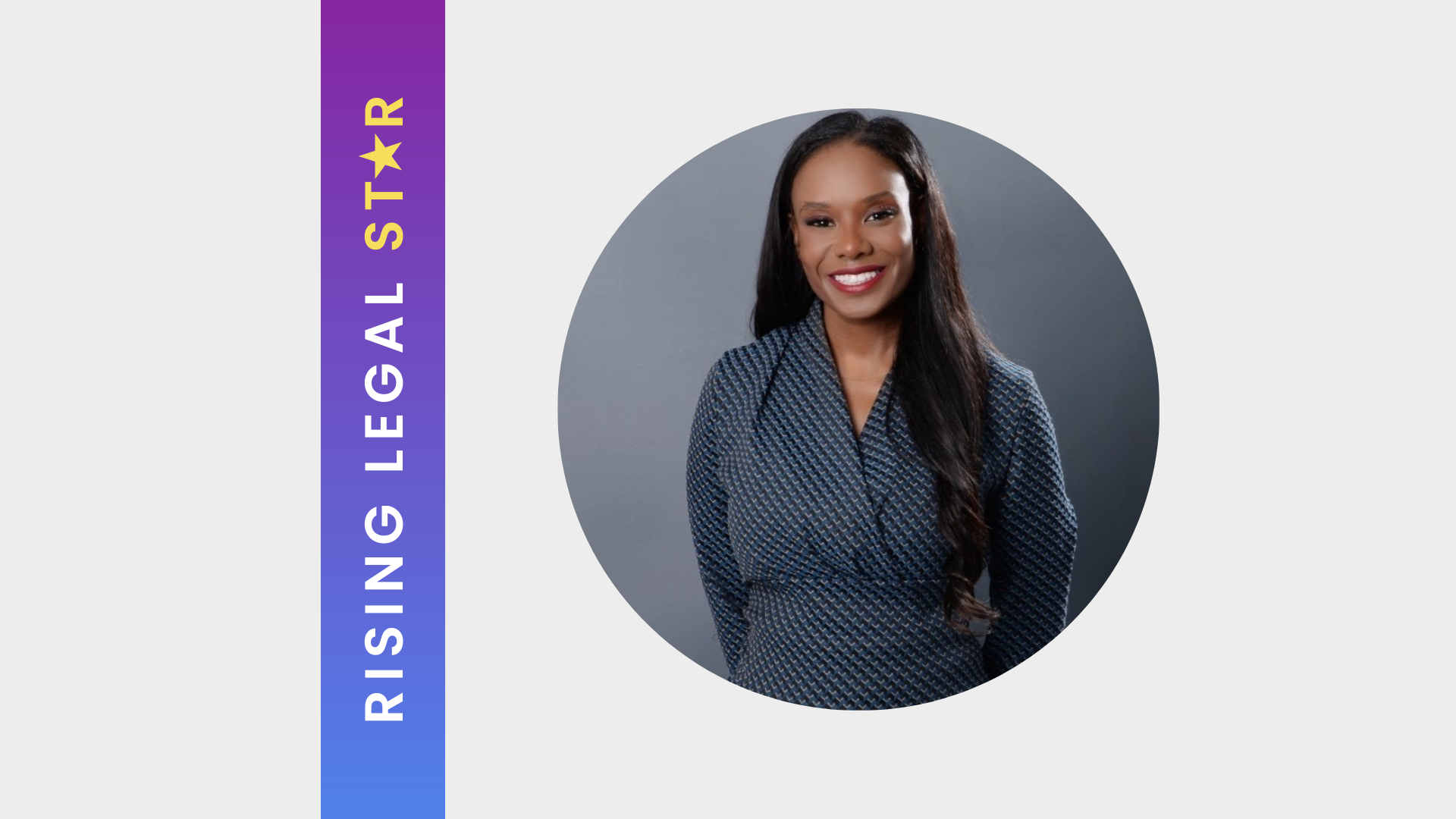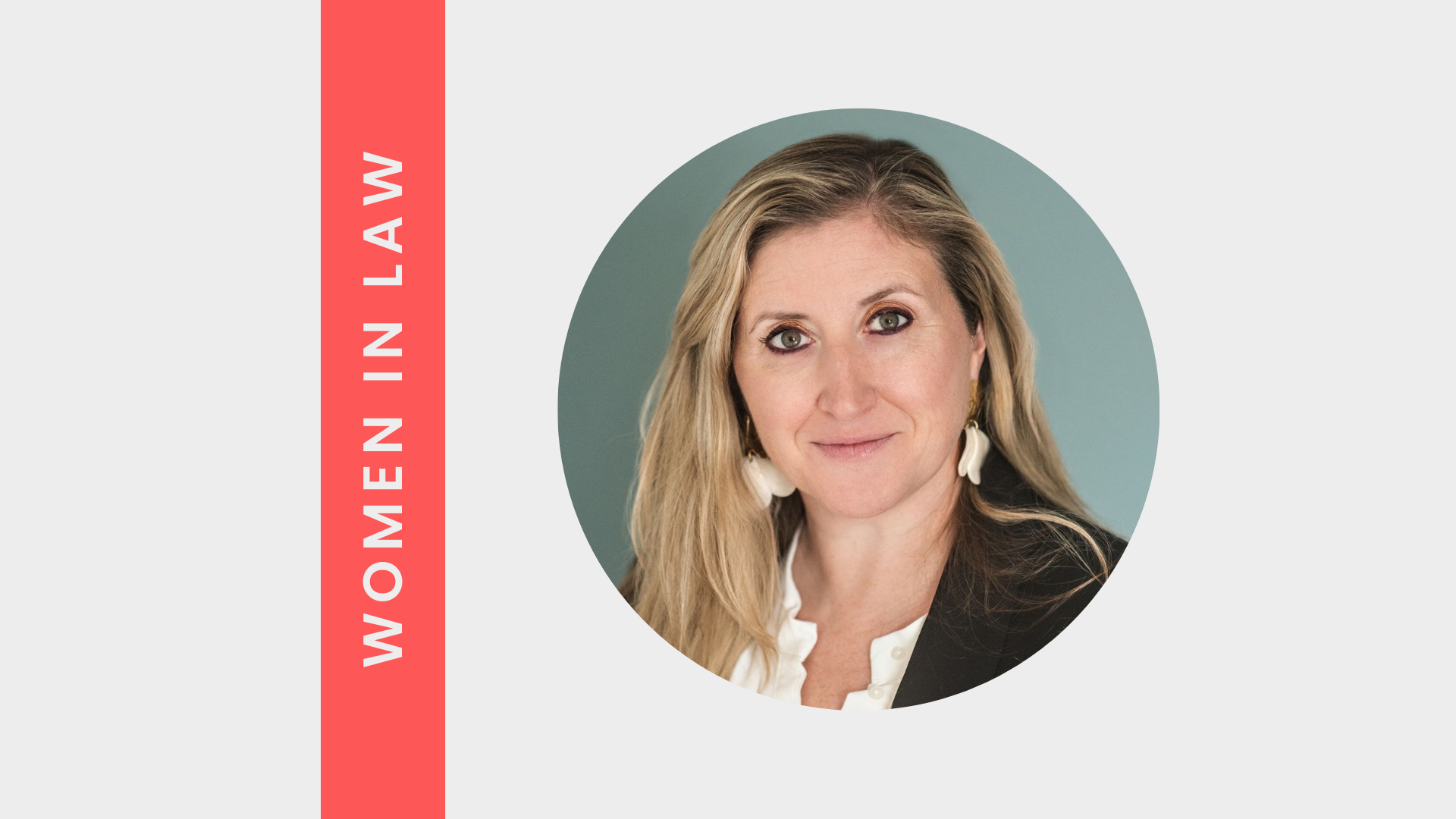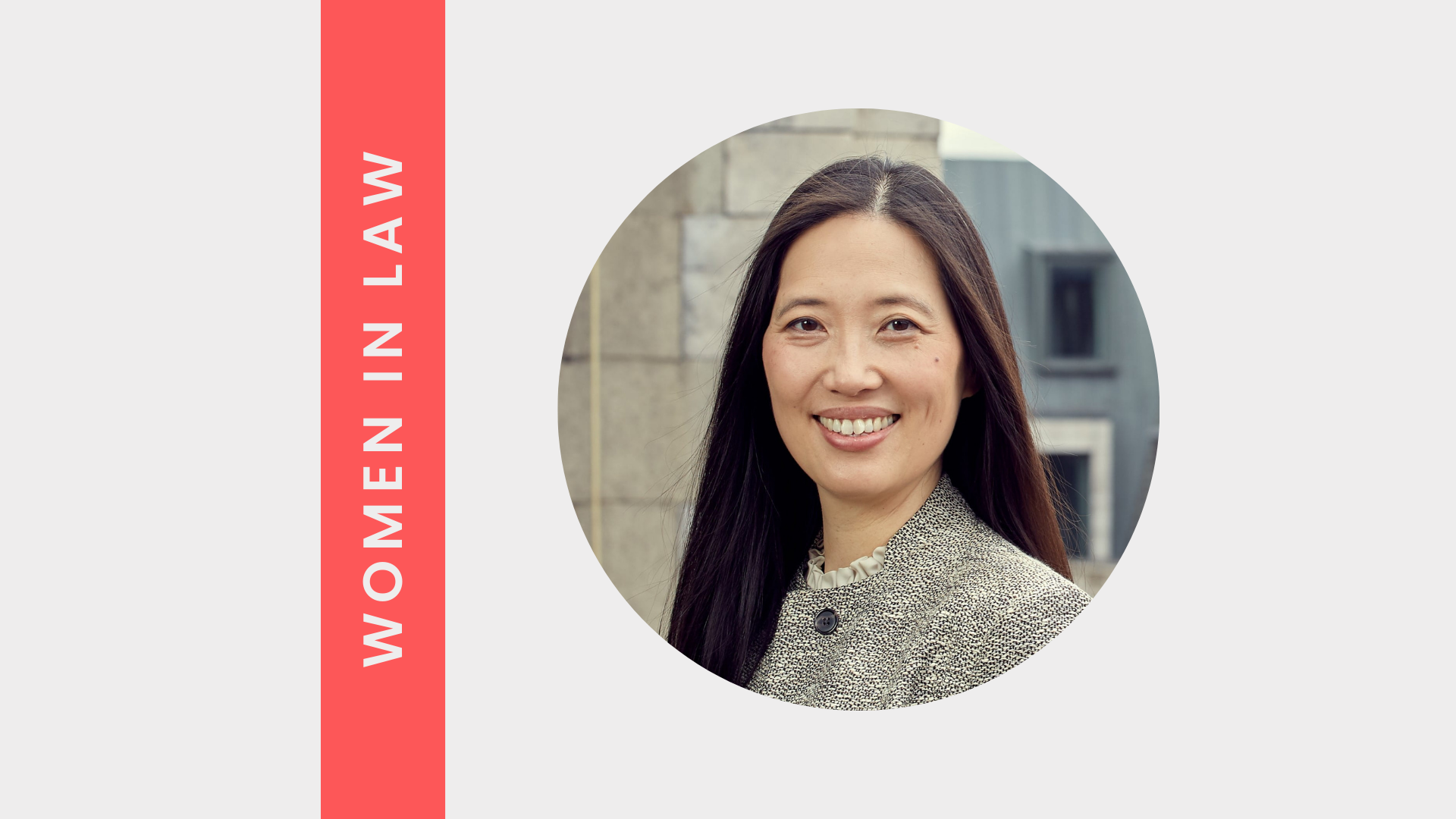Inspiring People at Greene King: Nicky McDonald
Tell us about your career progression into your current role.
At University I studied Social Welfare and Sociology because I wanted to help vulnerable young people find the right path. Afterwards, I went to work for the youth offending service at Worcestershire County Council, where I progressed into management and did my Prince2. I then got seconded to the Children's Workforce Development practice and that was my first pure Project Management job. The Council was very slow and not very agile, and a boss at the time recommended I move into the private sector, where I joined a consultancy called Chaucer. That was where I gained a lot of experience, working across different industries and getting projects delivered. I then went to work for Deutsche Bank, but I didn’t like the hierarchical culture and it was tough to be passionate about transformation and people there. Luckily, a job came up at Superdry and that felt like I'd found my home. It was going through enormous growth, and I went from Project Manager to Program Manager to Head of Transformation in three years, with supportive managers that had real faith in me. After Superdry, I had a couple of short contract jobs, before joining my previous Superdry boss here at Greene King. The last two years have been an interesting journey, trying to establish a new function during a pandemic, but we've grown from a team of one to about 40 now.
What are some of the biggest challenges that you've faced in your role?
Like a lot of females that I've worked with, I’m my own worst critic, so my biggest challenge is often confidence. My confidence never matches my ability, but I've been very fortunate that other people have seen it in me and pushed me to jump into opportunities when they arise. I’m at a level now where everything is doable, and I can get people to help figure things out if I need to, but even now, if I ever lack confidence, it only means I’m pushing myself outside of my comfort zone, which is a good thing. Another challenge is prioritising and making sure you don't become all-consumed with work and burn yourself out, which can happen when you're very passionate about your career. No one gets a medal for doing 70 hours a week every week and understanding that has led me to lead in a different way too, by example.
If you had to put your success down to one thing, what would that be?
It's got to be other leaders having faith in me, seeing something that I couldn't see, and pushing me. The second thing is, I’ve never focused on or been boxed in by worrying about job titles. I’ve always let things grow organically, by becoming better at what I do and taking on more complex projects. Too many people focus on the wrong goal.
What are your thoughts on risk-taking? And do you think it's harder for women leaders to take risks or more imperative?
I don't think risk-taking should be defined by gender. Part of my job is assessing risk and what’s coming over the horizon and in that respect I’m risk averse. But when it comes to seizing opportunities or putting yourself out there, I think you’ve got to push yourself out of your comfort zone and take risks, male or female. It’s more a senior leader thing, than a gender thing, though I think it can be harder for women to take those risks, especially mothers who are juggling a lot more responsibilities. It’s all part of setting yourself goals and challenges, for example, I’ve said that I want my team to become the highest performing team in Greene King. I’ve no idea if we can achieve that, but it helps set our mentality into taking chances when we can. What we want to achieve in the digital space in our industry is going to require a leap of faith. Yes, there needs to be a strong business case for taking that leap but by supporting everybody to feel comfortable taking those risks, it becomes a culture thing rather than an individual piece.
Do you have a mentor or role model in your career? And what's the value of having a mentor?
Mentors are everything. If you're trying to do this on your own, I'd say it's impossible. I’ve had two influential mentors, both bosses at Superdry, one of whom also came to Greene King. They both gave me the platform to show what I could do and backed me to achieve whatever I could. Both have become trusted friends and they can also have the difficult conversations with me too when I’m not on the right track. They pushed me constantly where I might have bottled it at certain points. I also think there are benefits to having mentors that aren't your bosses or your friends. I started having external coaching and that's been very beneficial. At times, when work is getting overwhelming, talking to a stranger helps and it becomes part of your tool kit to help you cope. It can be quite a lonely place as you get more senior, and you don't want to put your issues onto your team, so having that external support is critical for me.
How have you seen the industry change over the years in terms of diversity and women in the workplace?
Even though technology has changed drastically in recent years, and everyone is doing some form of digital transformation, I don’t feel things have moved on much in terms of gender diversity. For some reason, we're still not getting to see female talent, whether it's developers, product owners or scrum masters. There's been a whole new industry created by transformation itself, with new careers and roles, but for some reason it's still very male-dominated. I'm not sure if that's because a lot of the transition has happened organically from male-dominated IT roles into the digital space. I think it also starts back at school and how we engage girls in science and technology and data. How do we excite younger people into these industries and get a pipeline of female talent?
As a business leader in a large organisation that delivers services to the public, how do you promote both diversity and inclusion?
It should be embedded in everything that we do, but a level playing field doesn’t fully address the fact that we all come from different backgrounds. If the recruitment process and the way a CV is written isn’t going to change, then we have to empower people from all backgrounds to be able to produce a great CV and compete equally. If we don’t, then we’ll only ever be hiring people who are the same, and this doesn’t represent our customers. We can’t meet our customers’ needs if we can’t empathise with them, so we need to break down any barriers of entry to be able to access diverse talent and create a diverse, inclusive workforce. Our industry is also very male dominated because of the hours and the shifts, so how do we make it an environment that's more accessible to people with different responsibilities? There's a lot of focus now at Greene King about how we do that in terms of being an employer of choice. What I don't want to happen is positive discrimination. You can't have a target for women on boards if the CVs aren't coming in. No one wants a job just because they're one of the few female applicants, so we need to make it more accessible to women as a career option.
Do you believe that creating a diverse and inclusive environment starts at the top or at the grassroots level?
It needs to come from both and meet in the middle, then through that you can create the right culture. If you've got the right culture, you can attract the right people, then you'll get the diversity you need. Every business needs that variety of experience and background, so we’ve got to lead in the right way, and we've also got to live and breathe our values from the ground up to create an open culture that is accepting of everyone.
Is there any advice that you would give to women wanting to move into a leadership role?
My advice would be to go for it. You don't need to pretend to be a male leader to get on as a leader. There are male traits that are beneficial in leadership roles, and female traits, such as emotional intelligence, sensitivity and compassion that are equally valuable, so there’s nothing stopping you. A mix of both male and female in leadership teams is the healthiest. The more senior you get, the more impact you have, both in terms of the organisation, but also with helping other people in their careers. Managers in the past have had faith in me, and it’s great to be able to put that faith into others now and it’s a huge motivation for me every day.
How do you switch off and make sure that you take time for you? And what actions do you take to encourage your team?
One of my biggest passions is making sure that I set up a great environment for my team to be successful and switching off is vital. I think of my team like athletes – we have to sleep well and eat well if we want to train hard and push ourselves. It’s impossible to push all the time, that’s when burnout happens, so it’s important to have a release outside of work. I keep a close eye on my team to make sure we’re not overworking anyone, and others in the leadership team will do the same for me, and call me out if I work a weekend, for example. Every now and again is fine, but if it’s a regular occurrence, then we need to look at more resources or reset our expectations. I’m very serious about this sort of thing, it’s a top priority for me as a leader.
What are you most excited about delivering for Greene King?
All of it. I want to be able to look back in a couple of years and admire everything we have done, in turning this big oil tanker of an organisation round in terms of employee experience, customer experience and agility. We’ve got the foundations in place and are seeing growth in a challenging time for our sector, and we’re already having an impact on how the hospitality industry employs people, treats its staff, and engages with customers. I'm really excited about the digital portfolio and what we're going to be delivering in terms of personalized experiences for our customers. Then there’s the ESG changes, looking at electric fleets, for example. And above all, the impact we can have on our 40,000 people and their employee experience.
What do you find most rewarding about your role?
It's two-sided coin for me. On one side, I find it really rewarding that I get the opportunity with my team to really shape the business and define the future by implementing change. We get to work on all the meaty, complex stuff and get exposure to the whole business. The other rewarding aspect is the transformation team. I’m passionate about them and protective of them because I know they are so capable and can deliver some amazing things to this business.
If you could change one thing today about Greene King, what would that be?
The biggest challenge to overcome now is prioritization. Greene King people are brilliant, and they can see opportunities everywhere that they want to go for. But sometimes this can create a whole host of work for the capacity we have that doesn’t get prioritised well, while we’re continuing to run and trade. Building out a new stream to the business or chasing an opportunity takes time and needs to be done in a certain order, so I think I would try and implement effective prioritisation if I could do one thing right away! Luckily, in my transformation role, I get an eagle eye view of the business, so can explain the challenge to the business, but it takes time.
What are you most proud of delivering to date?
I'm proud of setting up a new function from scratch in the middle of the pandemic. I've taken over teams at a senior level before but starting with nothing and recruiting at pace in a lockdown was a new challenge for me. It was hard, I didn’t quit, I stuck it out and it’s paid off. We've now got a great team that can support the business in the right way.
Get in touch with us if you would like to discuss more business or job opportunities in the Business Transformation sector.
Our latest insights







